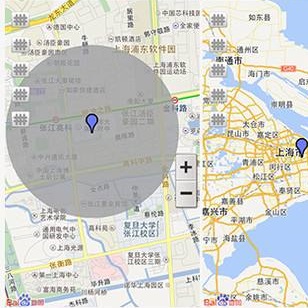This paper develops a real-time decentralized metric-semantic Simultaneous Localization and Mapping (SLAM) algorithm framework that enables a heterogeneous robot team to collaboratively construct object-based metric-semantic maps of 3D environments featuring indoor, urban, and forests without relying on GPS. The framework integrates a data-driven front-end for instance segmentation from either RGBD cameras or LiDARs and a custom back-end for optimizing robot trajectories and object landmarks in the map. To allow multiple robots to merge their information, we design semantics-driven place recognition algorithms that leverage the informativeness and viewpoint invariance of the object-level metric-semantic map for inter-robot loop closure detection. A communication module is designed to track each robot's observations and those of other robots whenever communication links are available. Our framework enables real-time decentralized operations onboard robots, allowing them to opportunistically leverage communication. We integrate the proposed framework with the autonomous navigation and exploration systems of three types of aerial and ground robots, conducting extensive experiments in a variety of indoor and outdoor environments. These experiments demonstrate accuracy in inter-robot localization and object mapping, along with its moderate demands on computation, storage, and communication resources. The framework is open-sourced and available as a modular stack for object-level metric-semantic SLAM, suitable for both single-agent and multi-robot scenarios. The project website and code can be found at https://xurobotics.github.io/slideslam/ and https://github.com/XuRobotics/SLIDE_SLAM, respectively.
翻译:暂无翻译





